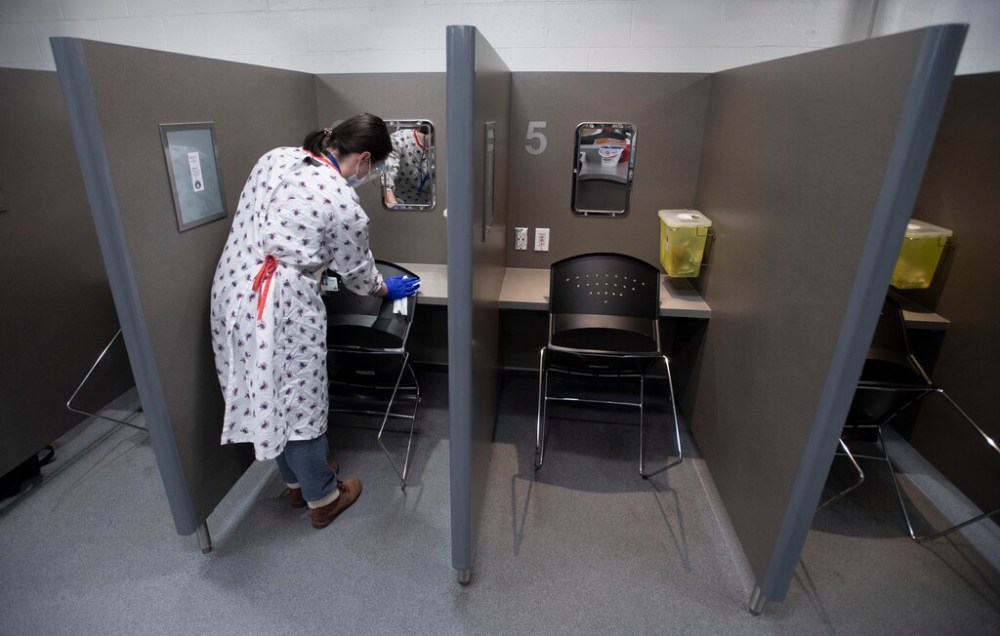Forward-thinking motion hits ideological wall
Read this article for free:
or
Already have an account? Log in here »
To continue reading, please subscribe:
Monthly Digital Subscription
$0 for the first 4 weeks*
- Enjoy unlimited reading on winnipegfreepress.com
- Read the E-Edition, our digital replica newspaper
- Access News Break, our award-winning app
- Play interactive puzzles
*No charge for 4 weeks then price increases to the regular rate of $19.00 plus GST every four weeks. Offer available to new and qualified returning subscribers only. Cancel any time.
Monthly Digital Subscription
$4.75/week*
- Enjoy unlimited reading on winnipegfreepress.com
- Read the E-Edition, our digital replica newspaper
- Access News Break, our award-winning app
- Play interactive puzzles
*Billed as $19 plus GST every four weeks. Cancel any time.
To continue reading, please subscribe:
Add Free Press access to your Brandon Sun subscription for only an additional
$1 for the first 4 weeks*
*Your next subscription payment will increase by $1.00 and you will be charged $16.99 plus GST for four weeks. After four weeks, your payment will increase to $23.99 plus GST every four weeks.
Read unlimited articles for free today:
or
Already have an account? Log in here »
Hey there, time traveller!
This article was published 03/02/2021 (1770 days ago), so information in it may no longer be current.
It’s a proposal that stands very little chance of succeeding.
And that’s unfortunate, because its merits seem obvious and its potential to deliver life-saving support to some of the city’s most vulnerable has been proven in numerous other locales.
Coun. Sherri Rollins (Fort Rouge-East Fort Garry) introduced a motion last week calling for the city to explore funding, partnership and implementation alternatives to establish “a low-barrier, supervised drug consumption site.” Ms. Rollins, who chairs the city’s protection and community services committee, noted that while the need for such facilities has existed for some time, a pandemic-related surge in substance abuse has made the situation increasingly urgent.
Supervised consumption sites allow users of illegal drugs to consume those substances under medical supervision. The facilities — also known as safe injection sites, 39 of which were operating in Canada last year, in centres such as Calgary, Edmonton, Vancouver and Ottawa — substantially reduce the likelihood of fatal drug overdoses and can also help to connect drug users to related social services.
According to Health Canada, additional benefits of establishing safe consumption sites include reducing public drug use and discarded drug paraphernalia in public places, as well as helping to limit the spread of infectious diseases. Established sites in Canada dealt with 15,000 overdoses and drug-related medical emergencies between 2017 and 2019, with no fatalities.

“I believe safe consumption, supervised consumption saves lives,” said Ms. Rollins. “When you can disrupt overdoses, you’re saving lives.”
In a wide-ranging report last year that recommended decriminalization of personal possession of illicit drugs, the Canadian Association of Chiefs of Police endorsed safe consumption sites under the supervision of health professionals trained in emergency intervention. And in a letter to the editor published in Tuesday’s Free Press, emergency medicine resident physician Dr. Jorden Arbour called on the provincial government to support such sites as “a harm-reduction strategy widely accepted by addictions and public-health experts.”
And that, unfortunately, is about where Ms. Rollins’ admirable initiative slams headlong into a figurative brick wall.
Mayor Brian Bowman said he doesn’t oppose the idea of a safe consumption site in Winnipeg “if the science and data supports it,” but was quick to point out that health care is a provincial jurisdiction. Couns. Jeff Browaty (North Kildonan) and Scott Gillingham (St. James) echoed the mayor’s jurisdictional concern and warned against “mission creep” into mental-health and addictions services.
The Pallister government, despite having had the concept recommended to it numerous times since taking power in 2016, remains resolute in its ideological opposition to safe consumption sites, having raised such generally discredited concerns as the danger that such sites will attract and foment criminal activity.
In response to Ms. Rollins’ city-council motion, Premier Brian Pallister said the province remains focused on other mental-health and addictions services which it deems to be higher priority.
With Winnipeg’s illicit drug-use problem becoming both increasingly urgent and increasingly public — as evidenced by the amount of discarded paraphernalia littering the glass-walled bus shelters in which many of the city’s homeless and addicted have been forced, by pandemic shutdowns, to take cold-weather refuge — it has become obvious that the services and supports currently available are inadequate.
The crisis is deepening. A new approach is needed. A city councillor has suggested one that has proved highly effective elsewhere. The premier would do well to shake loose of his ideological intransigence and consider the very real human benefits a more open-minded approach might produce.








